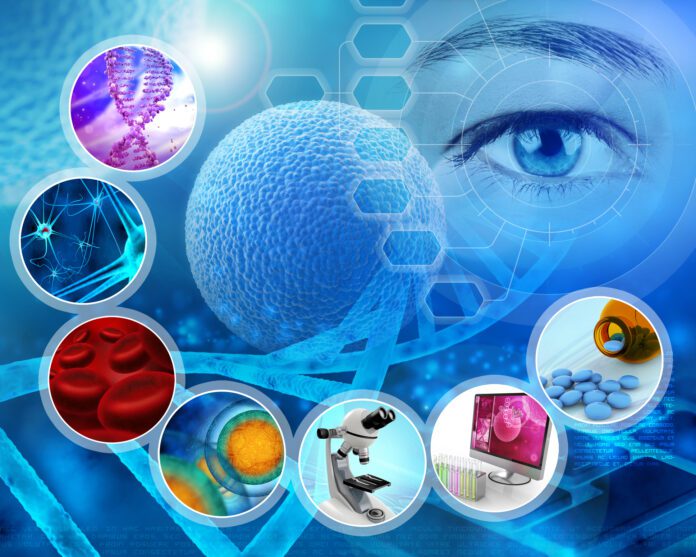Rare Disease Day, observed on February 29th, is a poignant reminder of the millions of individuals worldwide grappling with diseases that often go unnoticed and neglected. These conditions, collectively referred to as rare diseases, present unique challenges to patients, families, healthcare providers, and society at large. Despite their rarity, the impact of rare diseases is profound, touching every aspect of life for those affected. In this blog post, we delve into the significance of Rare Disease Day and explore the multifaceted effects of these conditions on individuals and communities.
Understanding Rare Diseases
Rare diseases, also known as orphan diseases, are defined by their low prevalence, typically affecting fewer than 1 in 2,000 people in a given population. While each rare disease may individually affect only a small number of individuals, collectively, they impact millions worldwide. These diseases encompass a diverse range of conditions, including genetic disorders, autoimmune diseases, and certain types of cancer, among others.
Challenges Faced by Patients and Families
Living with a rare disease presents a myriad of challenges for patients and their families. Diagnosis often proves elusive, with many individuals enduring a prolonged and arduous journey to obtain an accurate explanation for their symptoms. The lack of awareness and familiarity among healthcare providers further compounds this challenge, leading to delays in appropriate treatment and support.
Moreover, the rarity of these conditions often results in a scarcity of effective therapies. Many rare diseases lack approved treatments, leaving patients with limited options and often relying on symptomatic management to alleviate their symptoms. Access to specialized care and resources can also be hindered by geographical barriers and socioeconomic factors, exacerbating the burden on patients and their families.

Impact on Society and the Medical Community
The societal impact of rare diseases extends beyond the affected individuals and their families. The economic burden associated with these conditions is substantial, stemming from healthcare costs, lost productivity, and the strain on social support systems. Furthermore, the limited understanding of rare diseases poses significant challenges for the medical community, hindering efforts to develop targeted therapies and improve clinical outcomes.
Healthcare professionals often face diagnostic and therapeutic dilemmas when confronted with rare diseases, highlighting the need for increased education and training in this area. Collaborative research efforts are essential to advance our understanding of rare diseases and accelerate the development of novel treatments. By fostering interdisciplinary collaboration and sharing knowledge across borders, the medical community can better serve individuals affected by these conditions.
Advocacy and Awareness
Rare Disease Day serves as a global platform to raise awareness and advocate for the needs of rare disease patients. Through awareness campaigns, educational initiatives, and community events, advocates strive to shed light on the challenges faced by individuals with rare diseases and promote greater understanding and support.
Advocacy efforts also play a crucial role in driving policy changes and fostering innovation in rare disease research and healthcare. Increased funding for research, improved access to specialized care, and streamlined regulatory pathways for orphan drugs are among the key priorities advocated for by rare disease organizations and advocacy groups.
The Importance of Research and Innovation
Research remains at the forefront of efforts to address the unmet needs of rare disease patients. Advances in genomics, molecular biology, and biotechnology have revolutionized our ability to understand the underlying mechanisms of rare diseases and develop targeted therapies.
Collaborative research initiatives, such as the International Rare Diseases Research Consortium (IRDiRC), bring together scientists, clinicians, industry partners, and patient advocates to accelerate the pace of discovery and translation. By leveraging cutting-edge technologies and embracing innovative approaches, researchers strive to uncover new insights into rare diseases and translate these findings into tangible benefits for patients.
Rare Disease Day serves as a poignant reminder of the challenges faced by millions of individuals worldwide battling rare diseases. From the diagnostic odyssey endured by patients to the economic burden on society, the impact of rare diseases is far-reaching and multifaceted. By raising awareness, advocating for policy changes, and investing in research and innovation, we can work together to improve the lives of those affected by rare diseases and pave the way for a brighter future.
As we commemorate Rare Disease Day, let us reaffirm our commitment to supporting and empowering rare disease patients and their families, ensuring that they receive the care, resources, and compassion they deserve.
References and Resources:
- Rare Disease Day: https://www.rarediseaseday.org/
- National Institutes of Health – Office of Rare Diseases Research: https://rarediseases.info.nih.gov/
- Global Genes – Rare Disease Advocacy Organization: https://globalgenes.org/
- EURORDIS – Rare Diseases Europe: https://www.eurordis.org/
- International Rare Diseases Research Consortium (IRDiRC): https://irdirc.org/
Share your thoughts with AmeriDisability on Facebook, Twitter and Instagram.
Check out the Resources page. Claim or add your disability-focused business or nonprofit for free.






